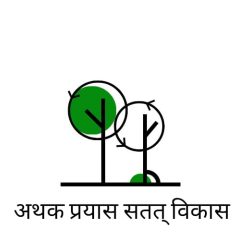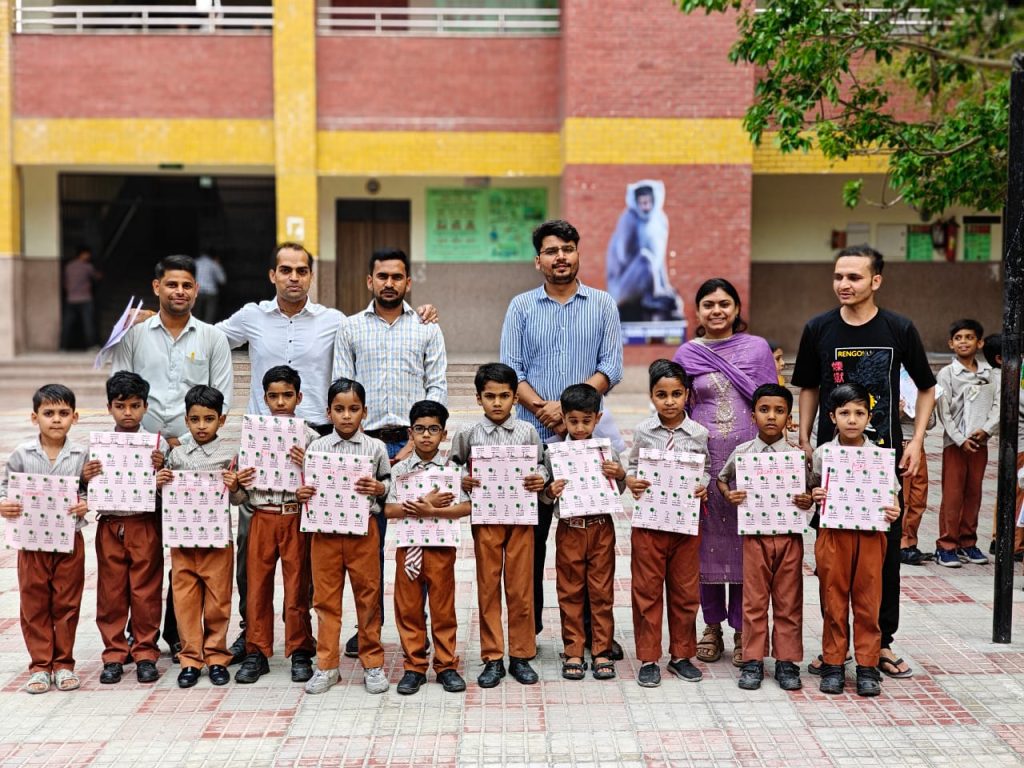
Introduction
On 7 May 2025, the Sarvodaya Bal Vidyalaya J Block, Sangam Vihar hosted the R2E- Recycling 2 Education Workshop under The Notebook Project: अपशिष्ट पुनः चक्रण से साकार, शिक्षा का उपहार. The initiative was organized by अथक् प्रयास सतत् विकास which was a powerful confluence of environmental responsibility and educational empowerment.
This workshop, held under the flagship programs of “अपशिष्ट पुनः चक्रण” and “निरक्षरता से साक्षरता, साक्षरता से कुशलता”. The workshop echoed the goals of the Green School Initiative, promoting sustainable habits while addressing real learning needs.
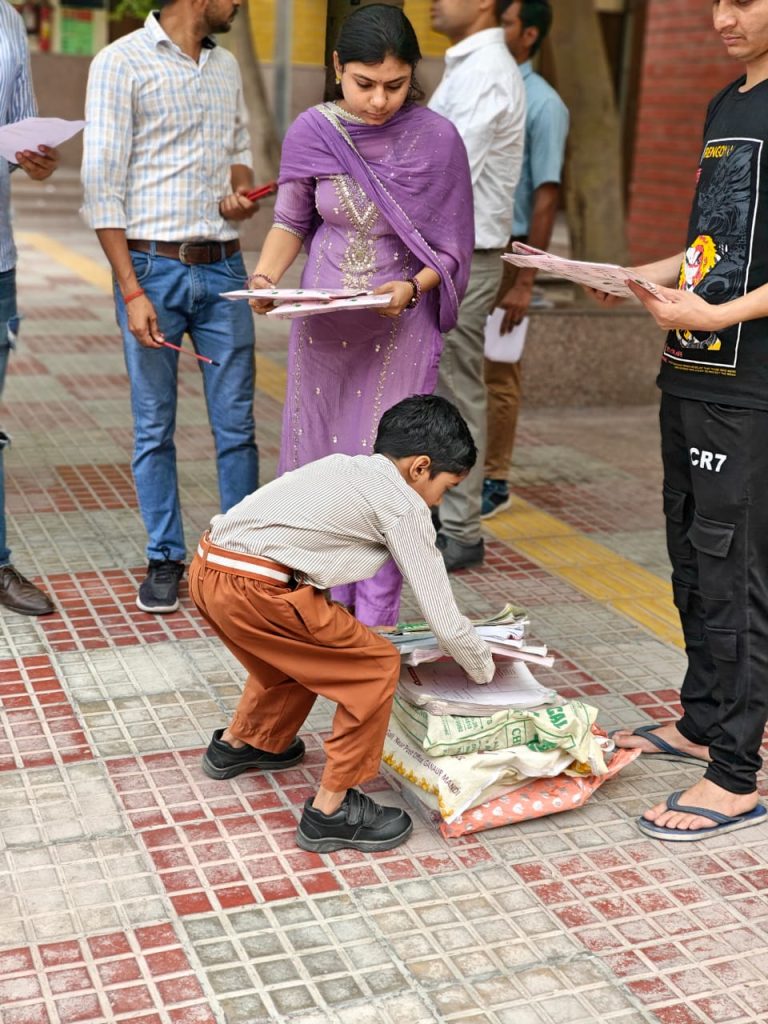
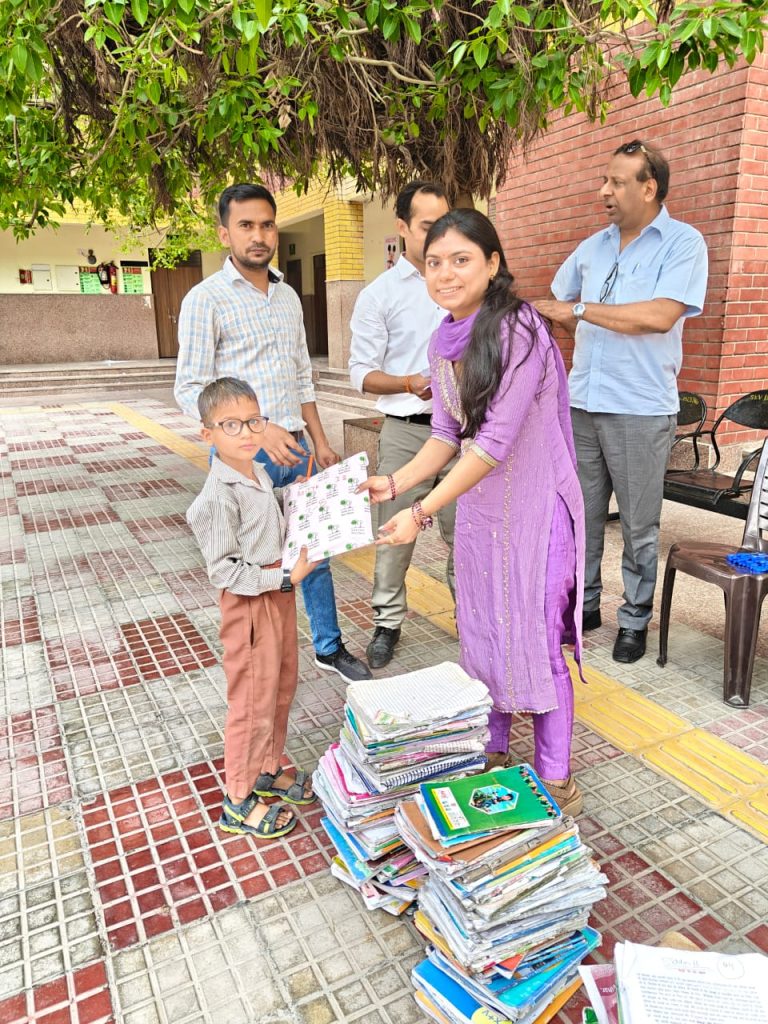
A Purposeful Exchange: Waste for Writing
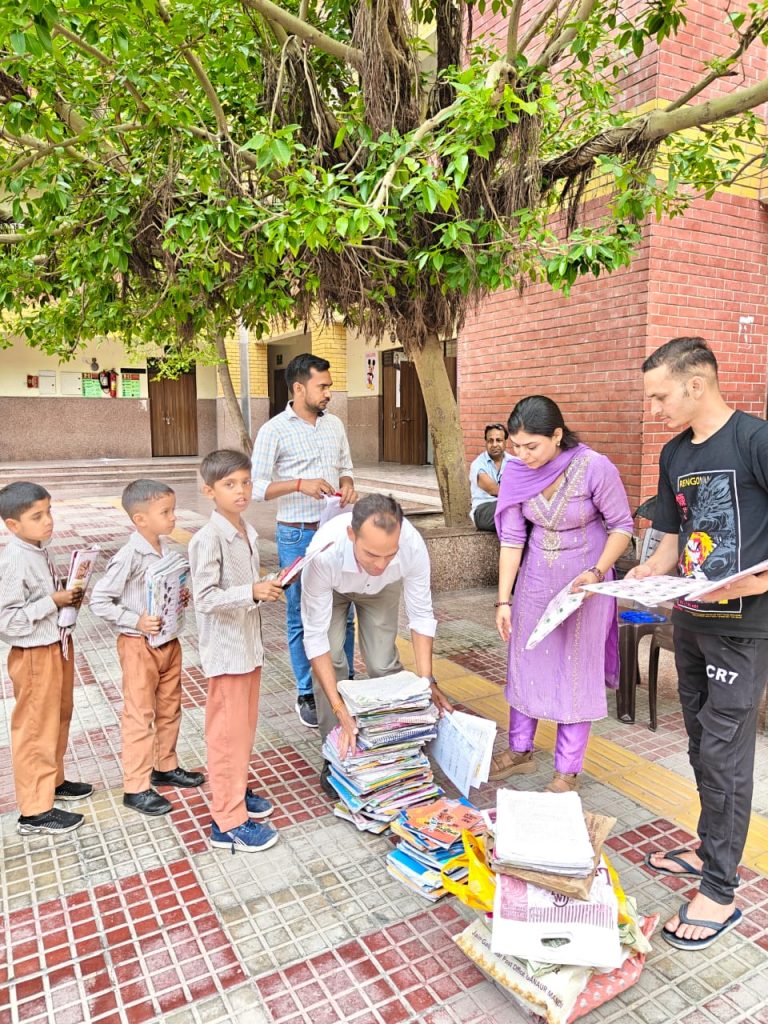
At the heart of the R2E Workshop was a meaningful activity: students brought paper scrap from their homes and, in return, received notebooks and essential writing supplies. This simple yet impactful exchange turned waste into a valuable resource—supporting learners while reducing landfill contribution. The initiative also advocated less screen time and encouraged students to reconnect with the power of handwriting practice, a vital skill for cognitive development, expression, and learning.
Encouraging a Culture of Sustainability in Schools

Beyond its immediate outcome, the workshop fostered awareness across the school community. Teachers were encouraged to organize similar activities regularly, making recycling an integral part of school culture. Parents and students engaged enthusiastically, bringing in discarded paper and learning about responsible waste management.
Special appreciation goes to Mr. Himanshu Upadhyay and Mr. Kaushal Kumar for their leadership in planning and managing the event. Their efforts in mobilizing the community and inculcating the values of sustainable living and less screen time for students were central to the workshop’s success.
Education that Writes a Greener Tomorrow
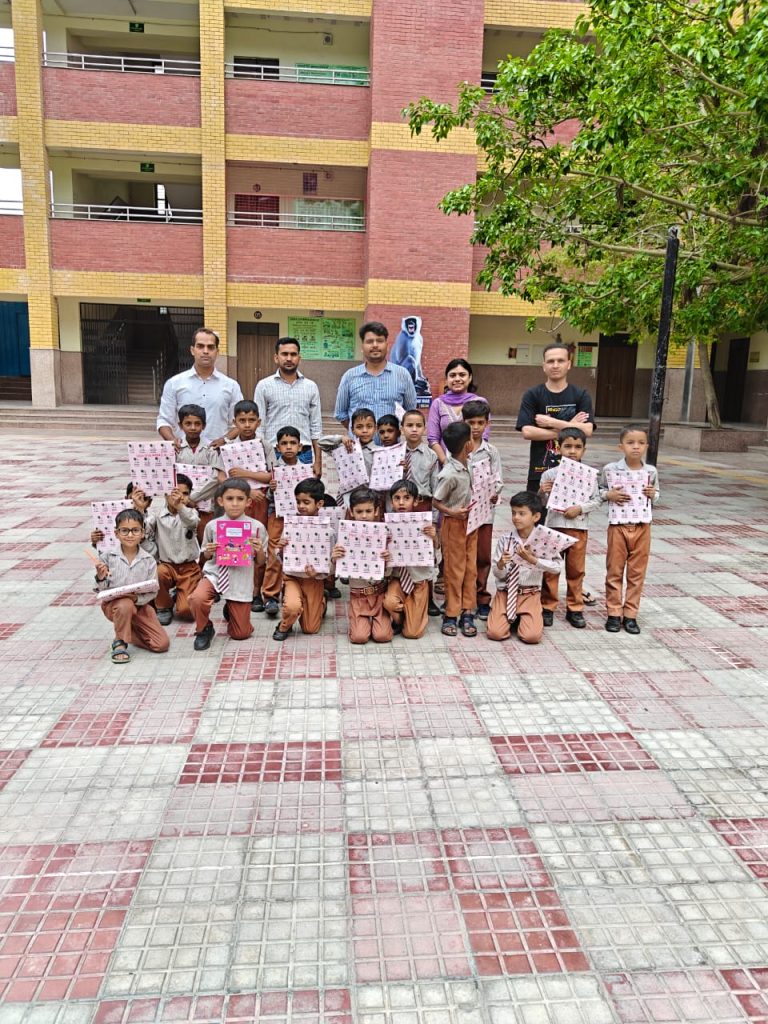
Workshops like R2E go beyond distribution of materials—they symbolize a shift in how educational institutions can respond to both academic and environmental challenges. By linking waste recycle with learning, such programs support the creative and academic need of students in under-resourced settings.
As part of the Green School Initiative, R2E contributes to a zero-waste model in schools—where every discarded page has the potential to become a stepping stone in a child’s educational journey.
Conclusion
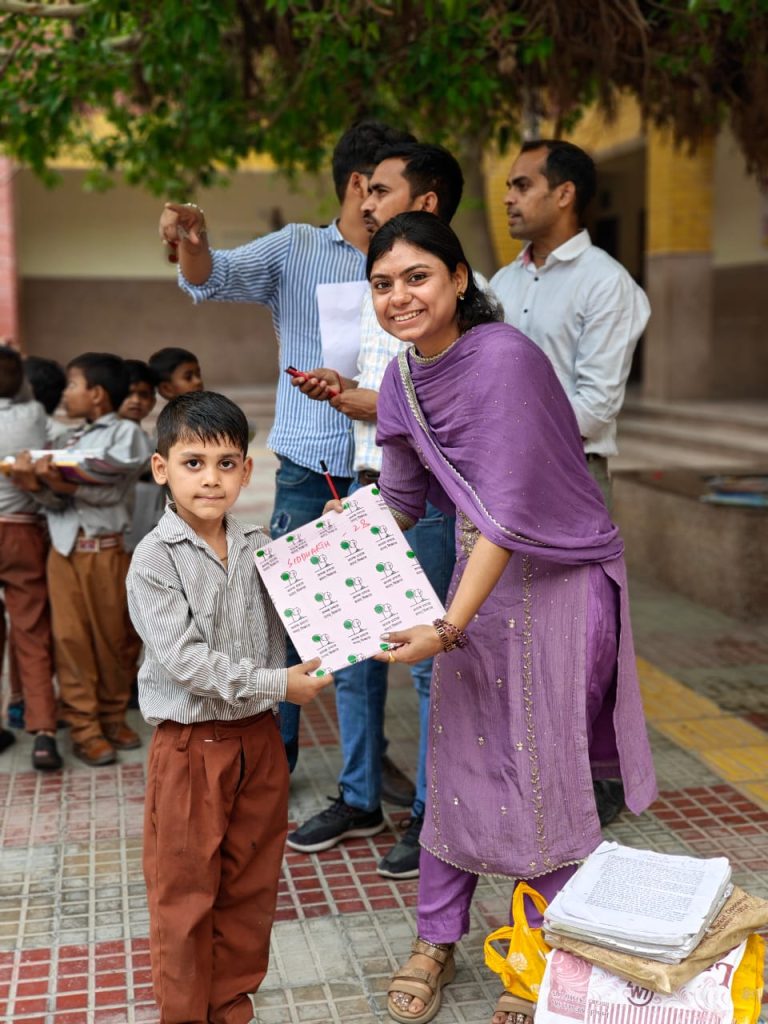
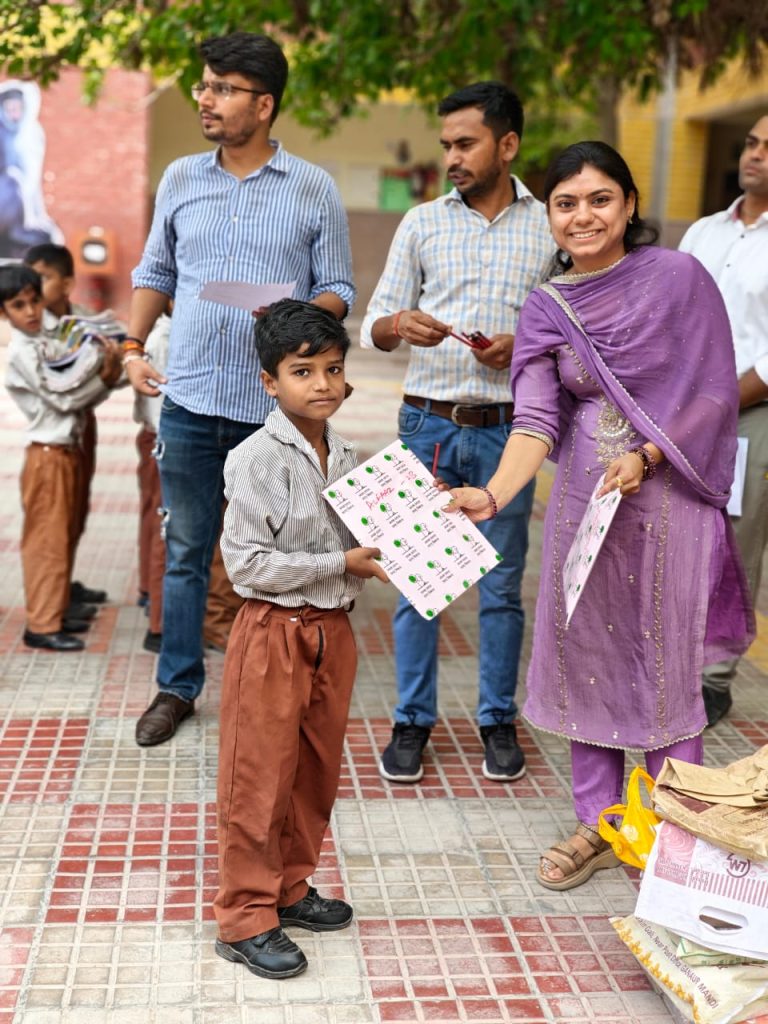
The R2E Workshop stands as a testament to the power of small actions leading to significant change. It not only supported students’ learning but also sowed seeds of sustainability, responsibility, and creativity in young minds.
In a world where both education and environment face mounting challenges, initiatives like The Notebook Project remind us that the solutions often lie in thoughtful, community-driven action.
